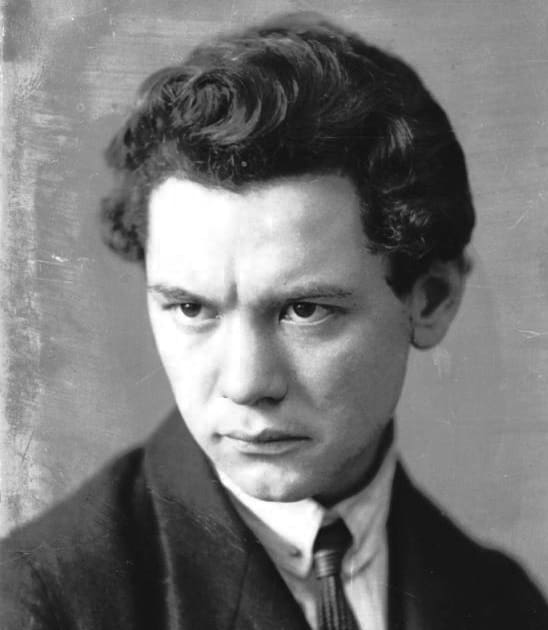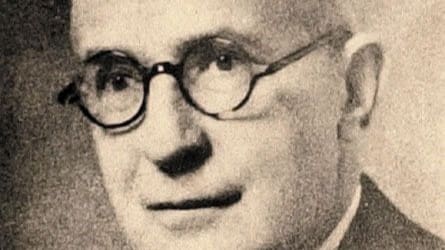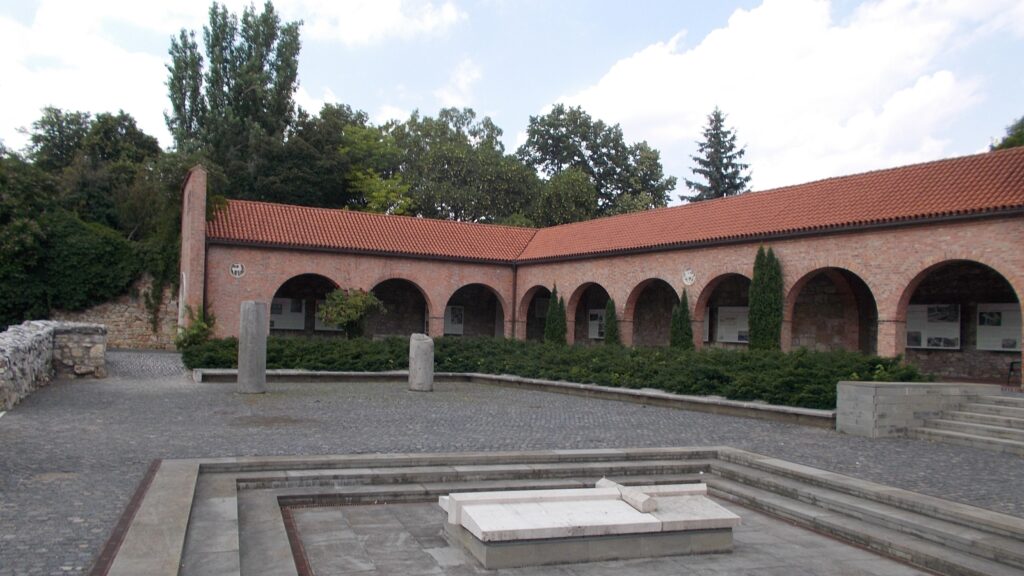Hungarian linguist Antal Horger spent decades of his life studying the Hungarian language, with special interests in regional dialects, phonetics, and phonology. He authored a total of 11 books over the course of 33 years. He has a phonological rule named after him, the Horger rule. Yet most people know him for an altercation he had with a college student while teaching at the University of Szeged.
However, unfortunately for him, that college student happened to be Attila József, one of the most influential Hungarian poets of the 20th century.
He immortalized Professor Horger in his 1937 poem ‘Születésnapomra’ (‘For My Birthday’), as a cold-hearted, villainous ‘overlord’ of the University, who ruined József’s chances for a decent living by expelling him. The exact lines from the poem, according to the translation by Michael Castro, are:
‘But I’ve gotten expelled, riot act read
by the university in Szeged’s
mean
dean.’
Professor Horger was not the dean of the university at the time, he only took that office two years later. He was born on 28 May 1872, 152 years ago on this day. The other person in the feud, Attila József’s birthday is much better known by the public—11 April is commemorated as the Day of Hungarian Poetry every year.
But what led to the famous conflict that cemented the professor of linguistics in Hungarian culture as a villain?
Attila József published a poem titled ‘Tiszta szívvel’ (‘With Pure Heart’) in the local daily paper Szeged in 1925. The piece has some quite provocative lines in it, such as ‘Got no father, no mother,/no god, no homeland.’ (translation by Michael Castro)
This is what caught the attention of Professor Horger. It should also be noted that József had almost gotten into trouble with the law twice before for writing what qualified as subversive poetry, at a time in Hungarian history, the Horthy era, when freedom of expression and the press was not upheld to the fullest extent. So, as a member of the university faculty, Horger had reasonable motives to look out for such acts by his student.
Since, despite the popular misconception, Horger was not the dean of the university at the time, he had no power to expel Attila József at all. According to a witness, as cited by an article published on the website of the Hungarian magazine Mandiner, Professor Horger told the rebellious poet at a meeting on 30 March 1925 that he would be able to finish his studies at the university. However, Horger also vowed he would never allow József to get his teaching certificate, as he demonstrated a lack of morals in his poetry which makes him unsuitable to teach the youth. Attila József dropped out of the University of Szeged of his own volition, and instead travelled to Vienna, Austria, then Paris, France—where he attended the world-famous Sorbonne—to further pursue his studies.

Financial troubles were persistent almost throughout Attila József’s life. Even in the very poem that got him in trouble with Professor Horger, he writes about not eating for three days—which, according to the aforementioned witness account, he claimed was actually the case while writing the piece. His poverty, coupled with mental illness, led to his suicide in 1937.
The brilliant literary talent’s tragic fate is also a major reason why so many people regard Antal Horger as a malicious figure. However, his body of work should merit some level of recognition on its own.
Related articles:








